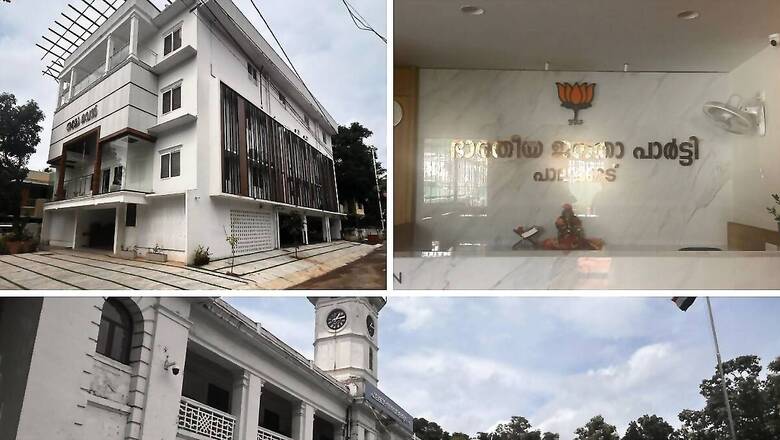
views
It’s been around four months since the Bharatiya Janata Party (BJP) secured its first-ever Lok Sabha seat in Kerala, marking a historic breakthrough. The question now is — Has this victory in Thrissur begun to shift Kerala’s traditionally red political landscape towards saffron?
News18 travelled across villages in the state’s Palakkad-Thrissur belt, dominated by the Christian and fishermen communities, to find that the answer may be yes.
How? With the BJP’s foothold established, the party’s influence and outreach are systematically transforming the state’s political dynamics. In a strategic push post 2015, the RSS-BJP has turned the tide in Kerala’s Thrissur by reaching out to the Christian community, which accounts for 28% of the population, regularly visiting bishops and hosting colony-based shakhas. Leveraging festivals and forming minority committees at every church, the Rashtriya Swayamsevak Sangh (RSS) has built crucial relationships and even established over 100 cooperative banks.
Among the key factors are no caste-based procession during Hindu festivals, expansion of RSS shakhas among the Christian communities and strengthening mandals (community-based organisational groups) among fishermen communities along the coastal belt, while maintaining a ‘cordial’ relationship with senior IPS and IAS officers in the administration.
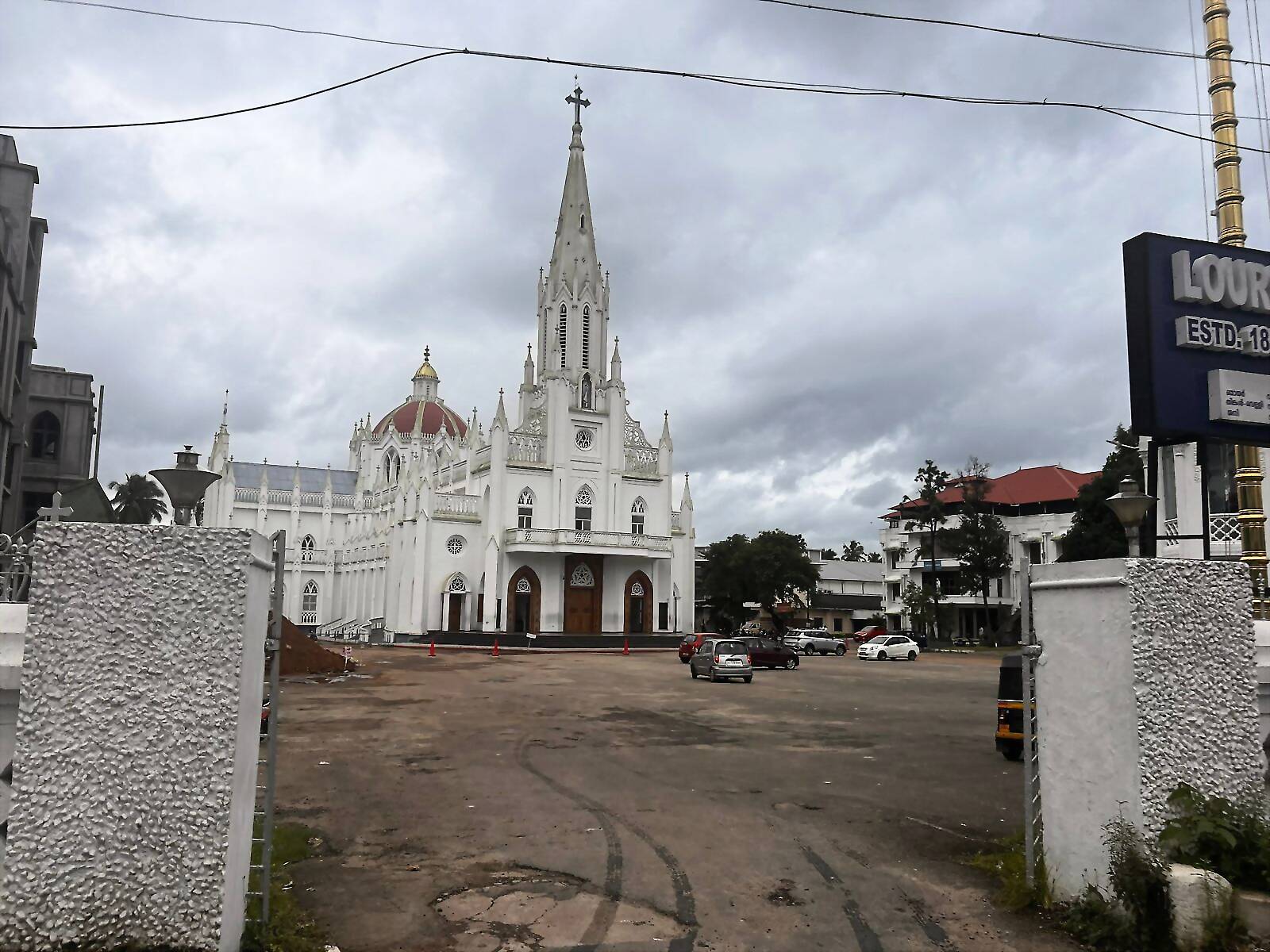
THE TRANSFORMATION
The victory in Thrissur, a significant stronghold, marks a turning point in a state traditionally dominated by the Left and Congress. This breakthrough is not just a political win, but a strategic foothold, allowing the BJP to expand its influence and consolidate its position, said senior RSS functionaries and the BJP leaders working in the area.
A visit to the local party offices reflects the political uptick in the region. The district party offices in Thrissur, Palakkad and other block offices have been renovated and converted into swanky places for the workers to gather and leaders to hold meetings. Some offices were named after Prime Minister Narendra Modi, whereas some are called the Bharatiya Janata Party Bhawan.
In the wake of this victory, the BJP’s outreach to local communities, including Christians and cooperative banks, has intensified. In Thrissur, there are 86 panchayats and 16 blocks, and the party has formed managing committees for every block, every panchayat and every booth, said a senior office-bearer in Thrissur office.
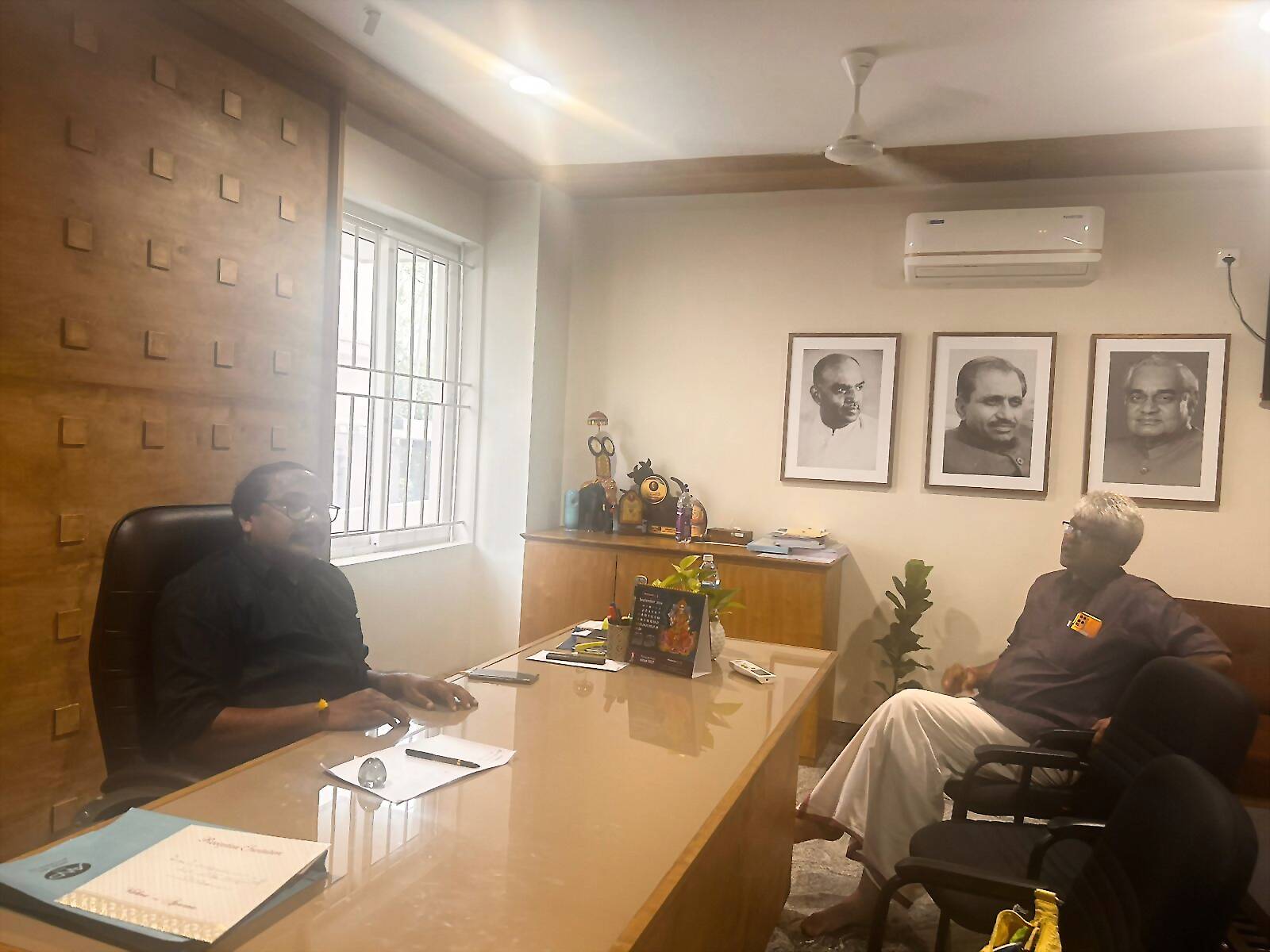
EFFORTS TO DOMINATE COASTAL KERALA
B Gopalakrishnan, an advocate and a senior RSS functionary, said, “The change that you are witnessing now did not come overnight or over a few months or years. It has been systematic. The coastal belt has been witnessing a significant shift with the BJP making inroads into areas previously dominated by Left-leaning politics. The Thrissur Lok Sabha victory has spotlighted this change, especially with the Mukua fishing community, traditionally neutral, now aligning with the BJP.”
“Shift in regions such as Mangalore, Guruvayur and Nattika, where the party is gaining substantially, is more than symbolic. It is a sign of changing allegiances in what has been known as Left and Muslim strongholds,” he added.
The Hindu consolidation is evident across the coastal belt, especially in areas like Guruvayur, a Muslim-majority region, where the RSS shakhas have grown significantly. With around 850 shakhas in Thrissur alone, the RSS has been spearheading a movement against caste-based divisions, uniting the Hindu community against what they term “Muslim goondaism” in certain areas, especially in front of masjids.
ENDING CASTE, CLASS BIAS: NEW CAMPAIGN ON EQUALITY
The RSS has renewed its anti-casteism campaign in its effort to consolidate the Hindu votes in a region that is traditionally dominated by Left-Congress politics with minorities — Muslims and Christians — playing the role of decision-makers.
A senior RSS functionary added that over the years, several women RSS volunteers like Vinodini Amma from Punnayurkulam have been vocal in promoting unity among Hindus, pushing back against caste-based festivals and processions that once divided the community, such as the Aiyyar (an upper caste) procession.
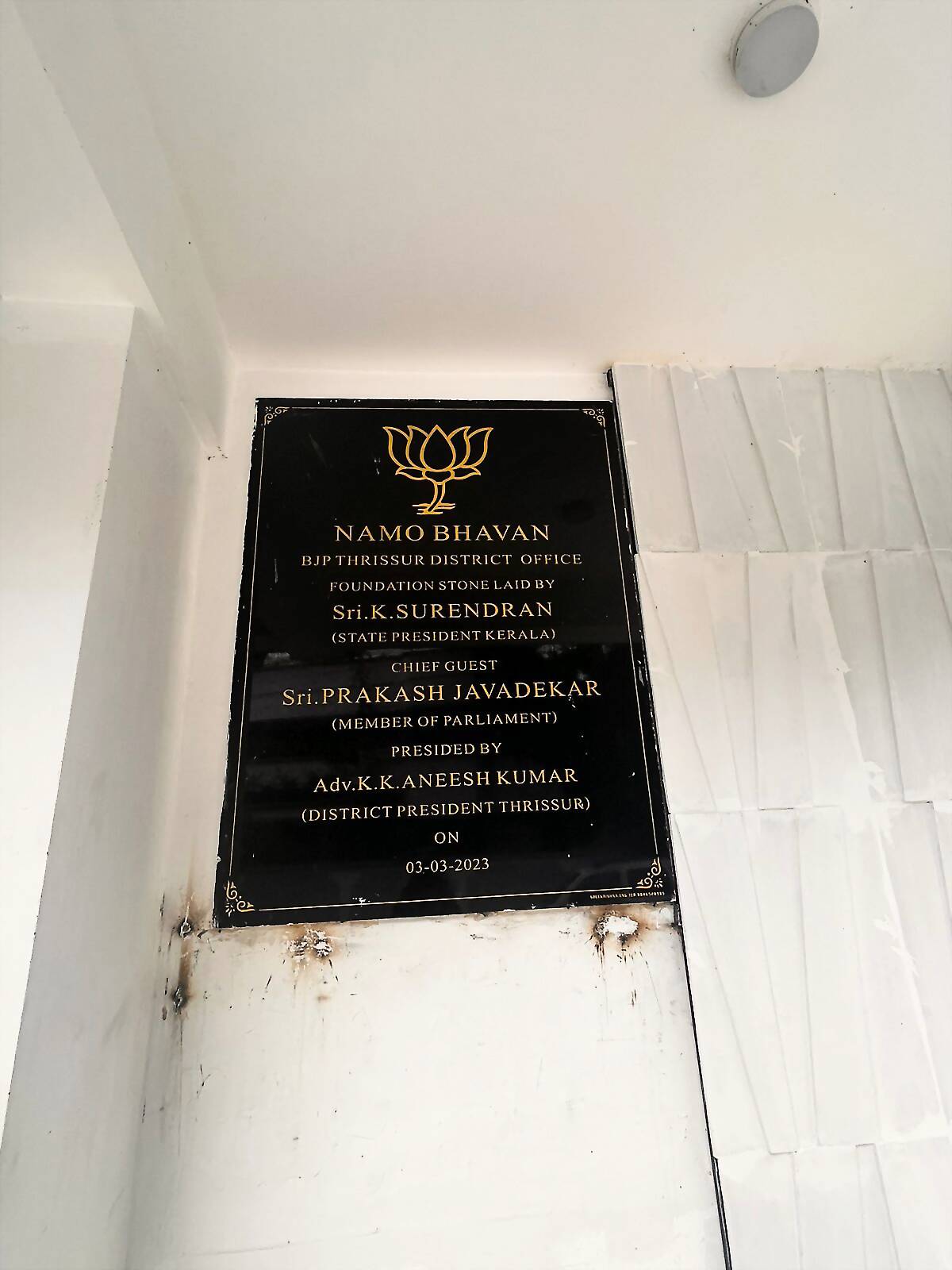
“The RSS has taken a firm stand against casteism, emphasising Hindu solidarity over sectarian divides, contributing to the BJP’s growing influence in these key constituencies. So the BJP’s rise in Kerala, particularly in Thrissur, is not just about electoral gains, but a deeper strategy of community outreach and consolidation.” said AC Krishnan, a senior RSS functionary and district president of Bharatiya Mazdoor Sangh (BMS).
“The RSS has begun engaging with the Roman Catholic Church, opening a dialogue with Christian leaders and visiting Bishop houses. Cardinal Parakadel’s remark that — Christian are Hindus by culture – signalled a softening stance, with Christian participation in shakhas becoming more visible. We have also started strengthening the workers’ units and unions in and around the region,” added Gopalakrishnan.
With the growing number of political clashes and killings, the state now appears to stand out as the only one where the RSS initiated a strong retaliation against opposition forces. Violent clashes were once routine, with daily alterations resulting in injuries, even broken bones. Despite the friction, the RSS’s grassroots expansion has been significant, especially among Scheduled Castes (SC), with colony-based shakhas growing in number.
“Festivals like Ramayana Fest and Sabari Fest have become key events, led by influential figures like Namboodiris, fostering a sense of Hindu unity. These efforts to harmonise Hindu communities, cutting across caste lines, have been pivotal in reshaping Kerala’s sociopolitical landscape, especially in coastal and rural areas. We have divided the two revenue districts into four zones, and they now represent a microcosm of Kerala’s changing political fabric, where saffron is slowly replacing red,” said Gopalakrishnan, who also fought the elections as a BJP candidate in 2021.














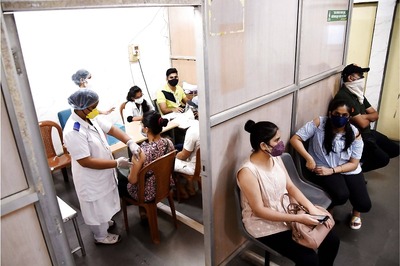



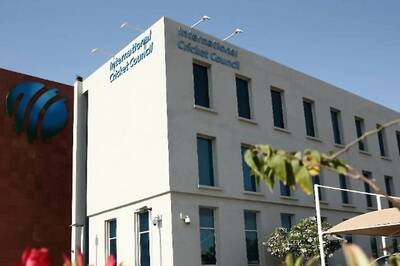
Comments
0 comment